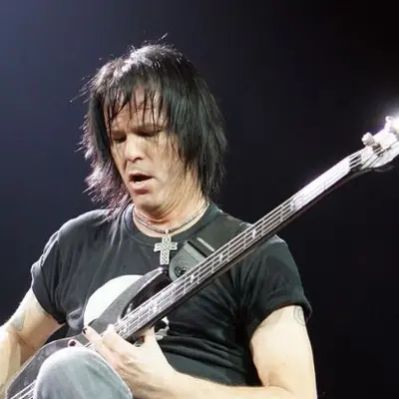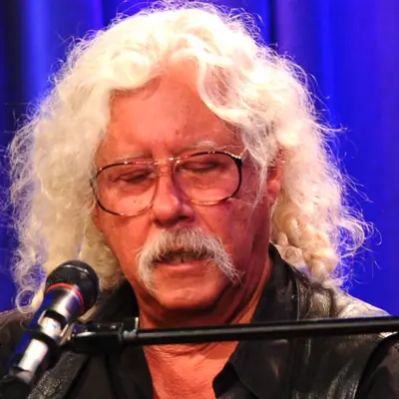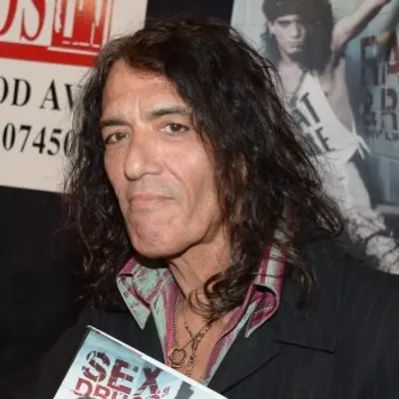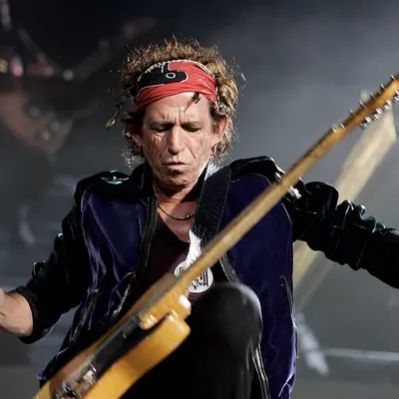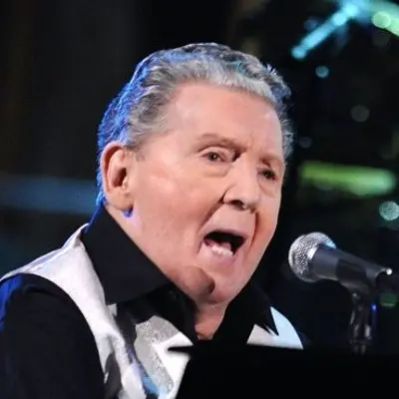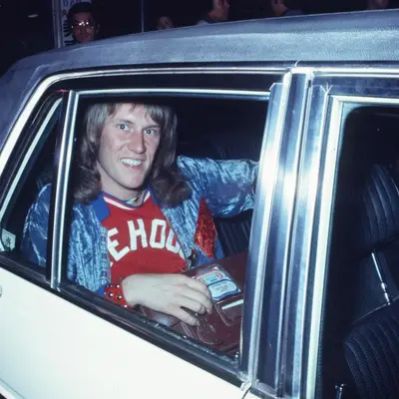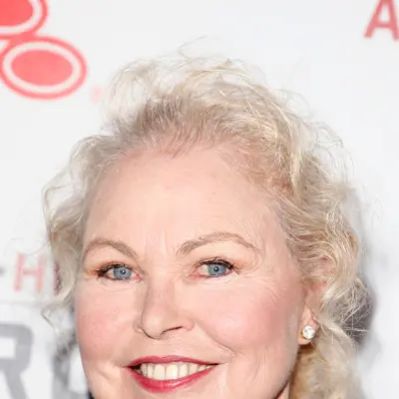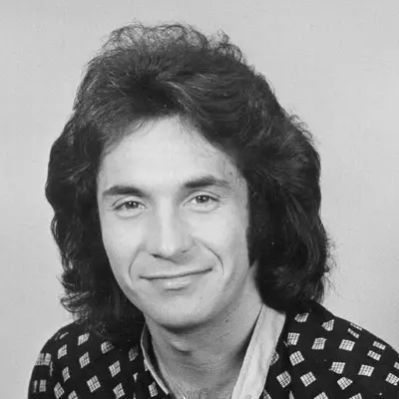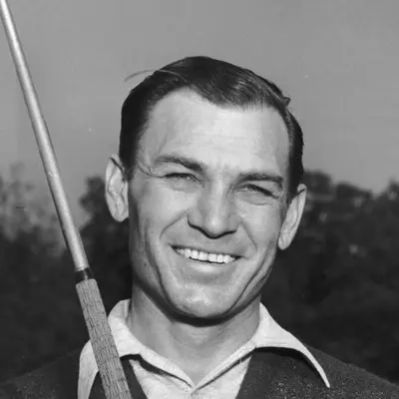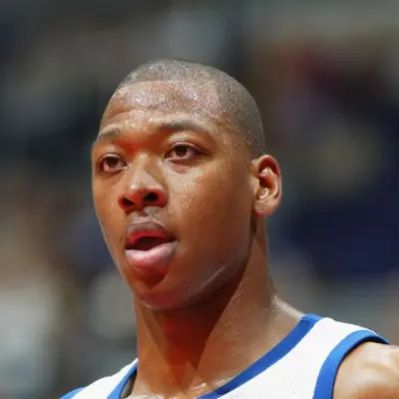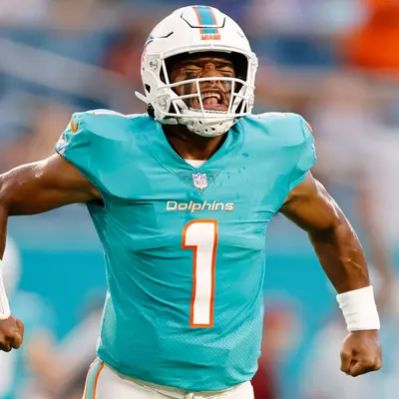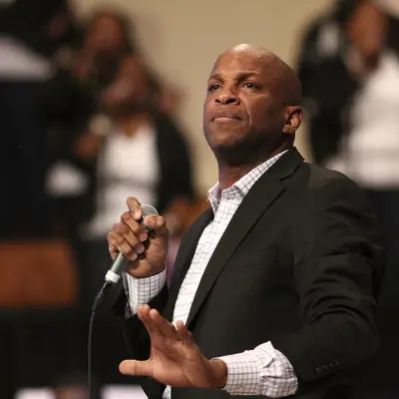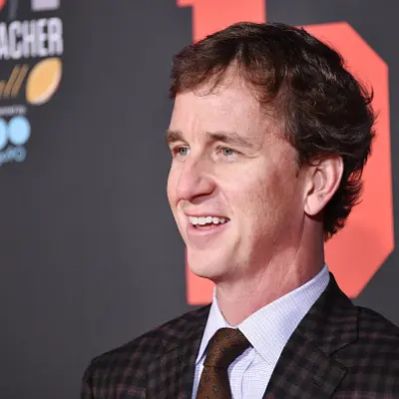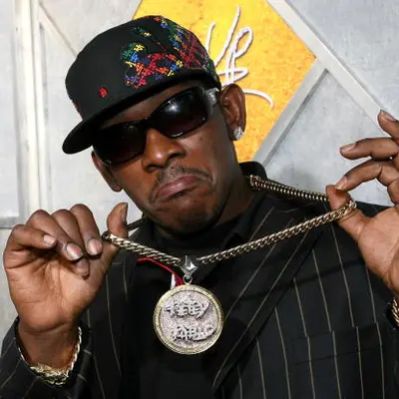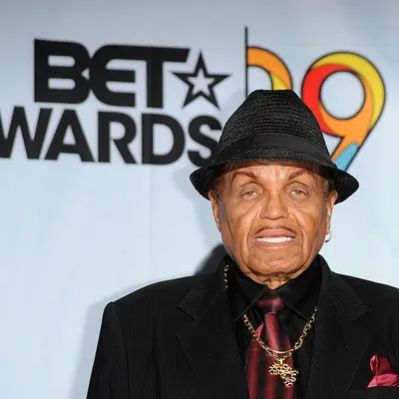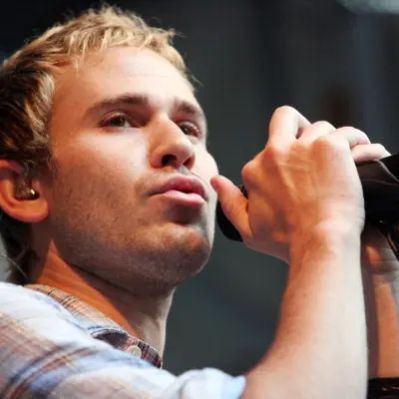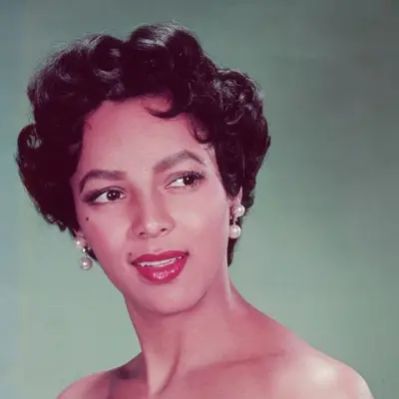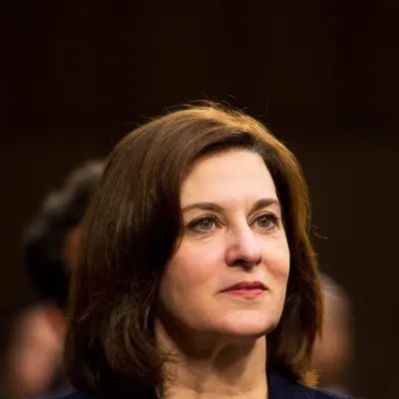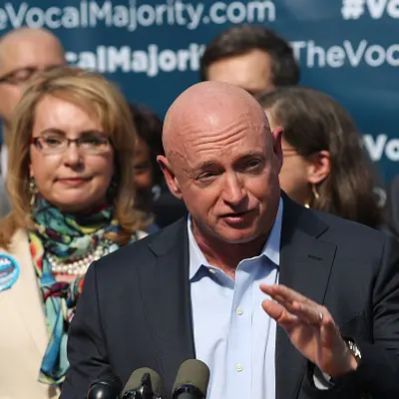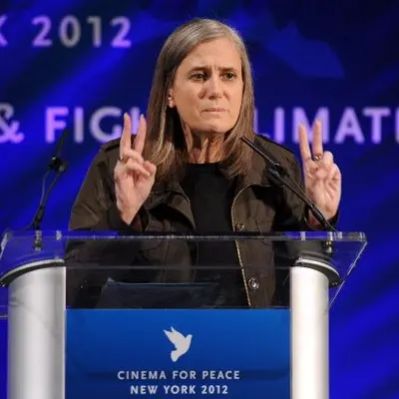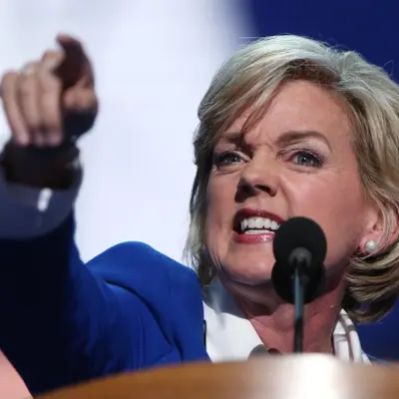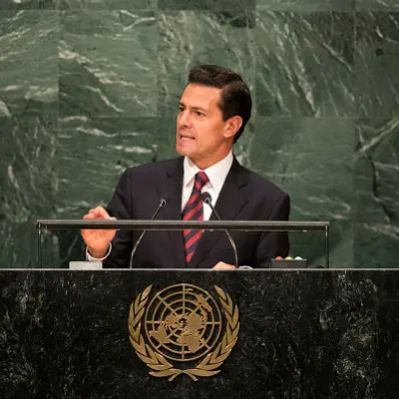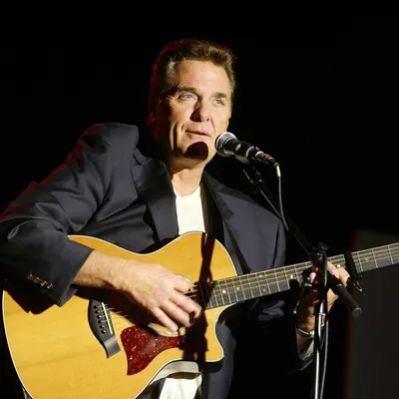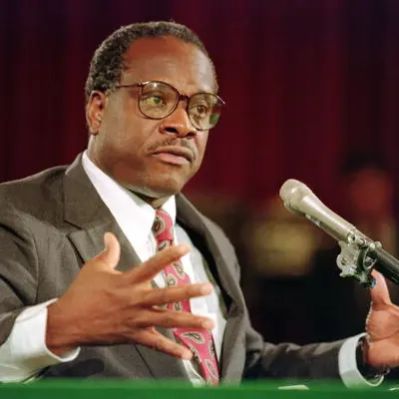What Is Bobby Dall Net Worth
Bobby Dall, the bassist for the renowned glam metal band Poison, has amassed a net worth of $4 million. This financial standing is primarily built upon his decades-long career in the music industry, particularly his contributions to Poison’s significant commercial successes. Poison’s journey began in the early 1980s, evolving from a local Pennsylvania band into an internationally recognized act, contributing substantially to Bobby Dall’s current net worth.
Early Career and Rise to Fame with Poison
Robert Kuykendall, who later became known as Bobby Dall, was born on November 3, 1963, in Mechanicsburg, Pennsylvania. His early life included a move to Palm Bay, Florida, at age nine, before returning to Harrisburg, Pennsylvania, at 17. It was in Harrisburg that the seeds of Poison were sown. Alongside Bret Michaels and Rikki Rockett, Dall formed the band Paris, later to be reborn as Poison.
In the early 1980s, the band decided to relocate to Los Angeles, a pivotal decision that would significantly influence Bobby Dall’s career and net worth. The move was strategic; Los Angeles offered a larger platform and greater opportunities for a band aspiring to achieve national and international recognition. Upon their arrival, they changed the band’s name to Poison and soon after secured a place on the Sunset Strip. The addition of C.C. DeVille on guitar after Matt Smith’s departure completed the iconic Poison lineup that would dominate the glam metal scene for years to come.
Poison’s debut album, “Look What the Cat Dragged In,” released in 1986, marked the beginning of their ascent to fame. While not an immediate chart-topper, the album steadily gained popularity, eventually peaking at number three on the Billboard 200 chart in 1987. This album included the hit singles “Talk Dirty to Me,” “I Want Action,” and “I Won’t Forget You,” all of which contributed to the band’s growing revenue. Each song’s success added to the band’s overall earnings through royalties and increased album sales, building the foundation of what would become Bobby Dall’s considerable net worth.
The subsequent album, “Open Up and Say… Ahh!,” released in 1988, solidified Poison’s position as a leading act in the glam metal genre. The album reached number two on the Billboard 200 and featured several hit singles, including “Every Rose Has Its Thorn,” which became Poison’s only number-one single. The commercial performance of this album was outstanding, significantly boosting the band’s earnings through sales, radio airplay, and music video royalties. This period marked a substantial increase in Bobby Dall’s income, further enhancing his net worth.
Continuing their streak of successful albums, Poison released “Flesh & Blood” in 1990, another album that reached number two on the Billboard 200. While specific sales figures for individual albums and singles are not consistently reported, the consistent high chart placements of Poison’s albums between 1986 and 1990 indicate significant revenue streams from record sales, licensing, and touring, which substantially contributed to Bobby Dall’s financial portfolio.
The band’s lineup saw changes in the 1990s, with Richie Kotzen replacing C.C. DeVille for the 1993 album “Native Tongue.” Although the album was commercially successful, reaching number 16 on the Billboard 200, it marked a shift in the band’s sound and a slight decline in overall sales compared to their earlier work. This transition period still contributed to Dall’s earnings, albeit at a somewhat reduced rate compared to the peak years of the late 1980s.
In 1999, the original lineup of Poison reunited for a greatest hits tour, revitalizing the band’s popularity and opening up new revenue streams. The tour’s success led to the release of “Crack a Smile… and More!” in 2000, followed by “Power to the People,” featuring the original lineup since their 1991 live album. These reunion activities injected fresh capital into the band’s accounts, enhancing Bobby Dall’s income through tour revenue, merchandise sales, and renewed interest in their back catalog.
Poison continued to release albums and tour throughout the 2000s and 2010s, maintaining a steady income stream for its members. Albums like “Hollyweird” in 2002, along with various compilation, cover, and live albums such as “Best of Ballads & Blues” in 2003 and “Poison’d” in 2007, contributed to the band’s ongoing earnings. Furthermore, joint tours with other major acts like Def Leppard and Mötley Crüe provided substantial revenue through ticket sales and increased exposure, all benefiting Bobby Dall’s financial standing.
Revenue Streams and Financial Highlights
Bobby Dall’s net worth is derived from multiple sources within the music industry. Key among these are:
- Album Sales and Royalties: As a member of Poison, Dall has earned significant income from album sales, both physical and digital. With over 50 million records sold worldwide, Poison has generated substantial royalties, a portion of which goes directly to Dall.
- Touring and Live Performances: Poison’s tours have been a major source of revenue. Since their initial success in the late 1980s, the band has consistently toured, drawing large crowds and generating substantial ticket sales. For instance, the 1999 reunion tour was particularly lucrative, reigniting interest in the band and leading to further touring opportunities.
- Merchandise Sales: The sale of band merchandise, including clothing, posters, and other memorabilia, contributes to the band’s overall income. The revenue from merchandise is typically shared among the band members, adding to Dall’s personal earnings.
- Publishing Rights and Licensing: As a songwriter and performer, Dall earns royalties from the use of Poison’s music in films, television, and other media. These publishing rights generate ongoing income, particularly for hit songs like “Every Rose Has Its Thorn” and “Talk Dirty to Me.”
- Other Ventures: While specific details of Dall’s individual investments are not publicly available, it is common for musicians to diversify their income through investments in real estate, stocks, or other business ventures. These activities can supplement his music-related income and contribute to his overall net worth.
While precise figures for each revenue stream are not publicly disclosed, the combined impact of these sources has enabled Bobby Dall to accumulate a net worth of $4 million.
Personal Life and Real Estate
Bobby Dall’s personal life includes a marriage to Michelle in 1989, which ended in divorce in 2000. Together, they had two children, Zachary and Zoe. Details about any alimony or child support agreements are not publicly available, but these factors can influence an individual’s financial situation following a divorce.
Currently, Bobby Dall resides in Indialantic, Florida. Details regarding the specifics of his real estate holdings, such as the exact address or purchase price of his home, are not publicly disclosed. Real estate investments can play a significant role in an individual’s overall net worth, providing both a stable asset and potential appreciation in value over time.
While information on additional personal investments or assets is not publicly accessible, it is typical for individuals with Dall’s level of income to have diversified financial portfolios. These may include investments in stocks, bonds, or other business ventures, which contribute to his financial security and overall net worth.
Band Dynamics and Impact on Earnings
The internal dynamics within Poison have, at times, influenced the band’s stability and, consequently, their earning potential. Public incidents, such as the altercation between Bret Michaels and C.C. DeVille at the 1991 MTV Video Music Awards and the on-stage conflict between Michaels and Dall in 2006, can create disruptions that impact touring schedules and overall band morale. While these incidents did not permanently derail Poison’s career, they serve as reminders of the challenges inherent in maintaining a successful band over the long term.
Despite these occasional challenges, Poison has managed to maintain a dedicated fan base and continue to generate revenue through touring and merchandise sales. The band’s ability to overcome internal conflicts and adapt to changing musical trends has been a key factor in their enduring success and, by extension, in Bobby Dall’s ongoing financial stability.
In summary, Bobby Dall’s $4 million net worth is a testament to his decades-long career as the bassist for Poison, a band that has achieved significant commercial success through album sales, touring, and merchandise. While specific details of his personal investments and assets are not publicly available, it is clear that his involvement in Poison has provided him with a substantial and sustainable income stream.
 Net Worth Ranker
Net Worth Ranker
